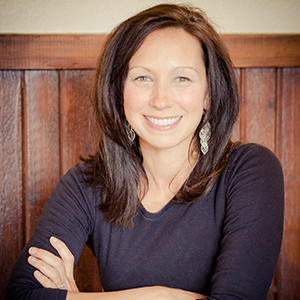Relationships and eating issues often go hand in hand. Many of the people I work with find that one reason they turn to food for comfort is relationship issues. If you know that food tends to be a comfort for you, it may be beneficial to look deeper at ways in which you need to set boundaries in your life or communicate more effectively.
Relationships and Eating Issues: Reasons You May Turn to Food
You may stuff what you need to say in a relationship, using food to pacify your truth. Or, you may not eat enough as a way of temporarily feeling better about yourself in a relationship that makes you feel wrong or “not enough.” Perhaps, you have someone in your life that continually violates your boundaries. Then food becomes a way of taking your power back or retaliating against them.
You may blame your weight when asked why you’re sad, when the truth is that you’re desperately unhappy in the relationship. Perhaps, eating in secret may be the only way you feel you have to take care of yourself in a relationship where you feel sucked dry. Additionally, throwing yourself into your next diet and exercise program could be the relief you think you need to deal with life or relationship stressors.
Whatever the reason, looking deeper at your relationship with food and how it interacts with your human relationships is vital for true, lasting recovery.
In My Own Journey
I learned from an early age how to diet. That dieting was the “answer” to most of life’s problems. If I felt inadequate in some way, dieting temporarily solved the problem because I could feel accomplished and in control. Just like someone with an addiction to drugs or alcohol, dieting offered relief–a sense of hope, a positive goal to work toward, a way to change my life.
Later in relationships, I found myself unable to speak my truth with very few skills for successful communication. Instead of getting clear about what I needed and directly communicating my needs, I found myself either binging when no one was home or viciously restricting. These behaviors obviously did not solve my relationship problems and only made them worse. On top of not communicating my needs, now I had “shameful” acts with food I had to hide.
In time, instead of growing into a fully-developed, communicative adult, I relied on food to soothe me through relationship hardships. My personal growth was stunted. I would binge if my partner said something hurtful, instead of standing up for myself. I would restrict when he would compare me to some other girl, in hopes that being thin enough would make me “enough” in the relationship.
How to Move Forward
Moving on from these patterns requires not only addressing your eating issues, but also working toward become a whole, integrated person. If dieting and eating issues have robbed you of the opportunity to become a well-adjusted, communicative adult, then doing the tough work of discovering who you are and what you need is the very basis of your recovery.
It’s OK. With the right help you can move forward. You can learn new coping skills, communication strategies, and life tools. It might seem insurmountable to heal your relationships and eating issues right now, but I promise you can break free. If I can do it you can do it!
You might also be interested in a post about why we binge eat: https://eatingrecoverycoach.com/2019/10/21/why-do-i-binge-eat/
Or how to practice mindfulness as a way to cope with life’s up’s and down’s: https://eatingrecoverycoach.com/2020/03/11/mindfulness-practices-for-coping-skills/
Additionally, MentalHealth.net asserts that eating disorders are about relationships not about food: https://www.mentalhelp.net/blogs/it-s-about-relationships-not-food/


